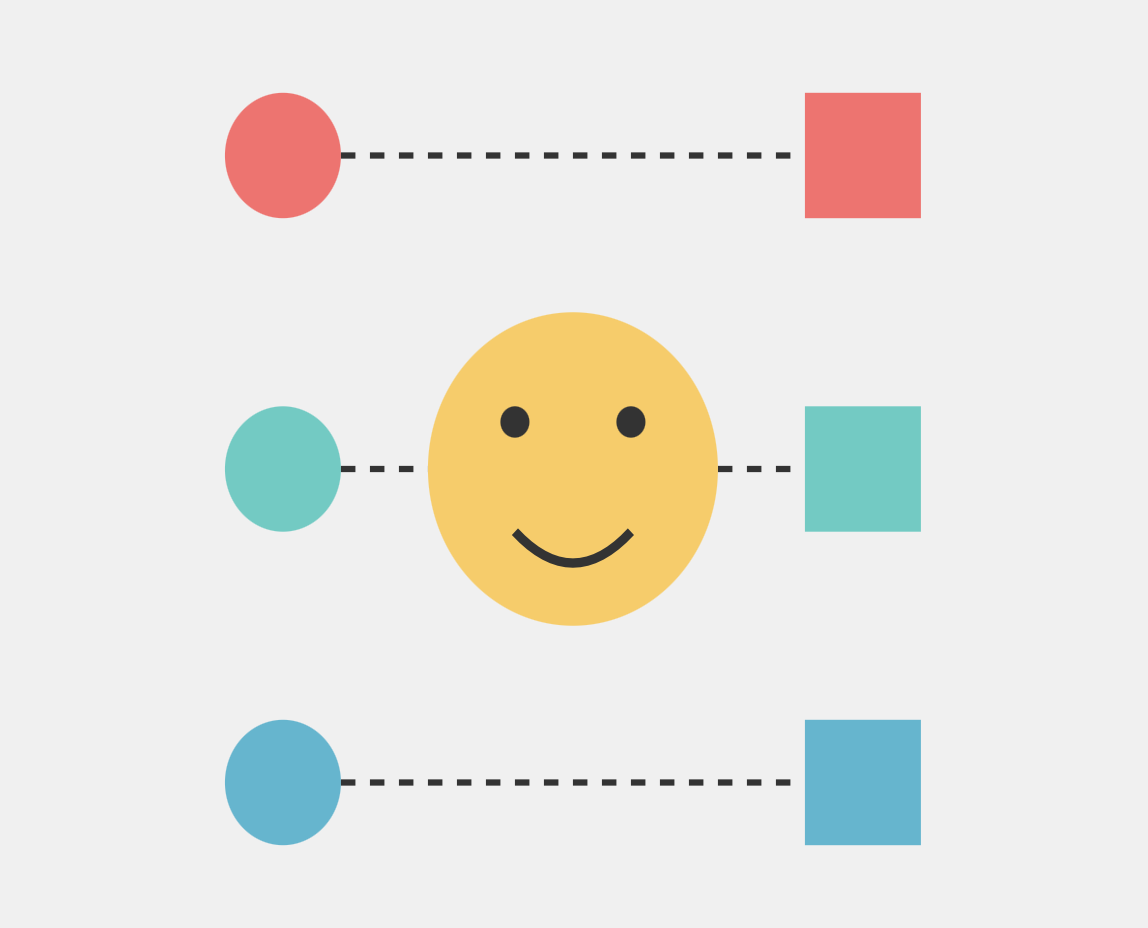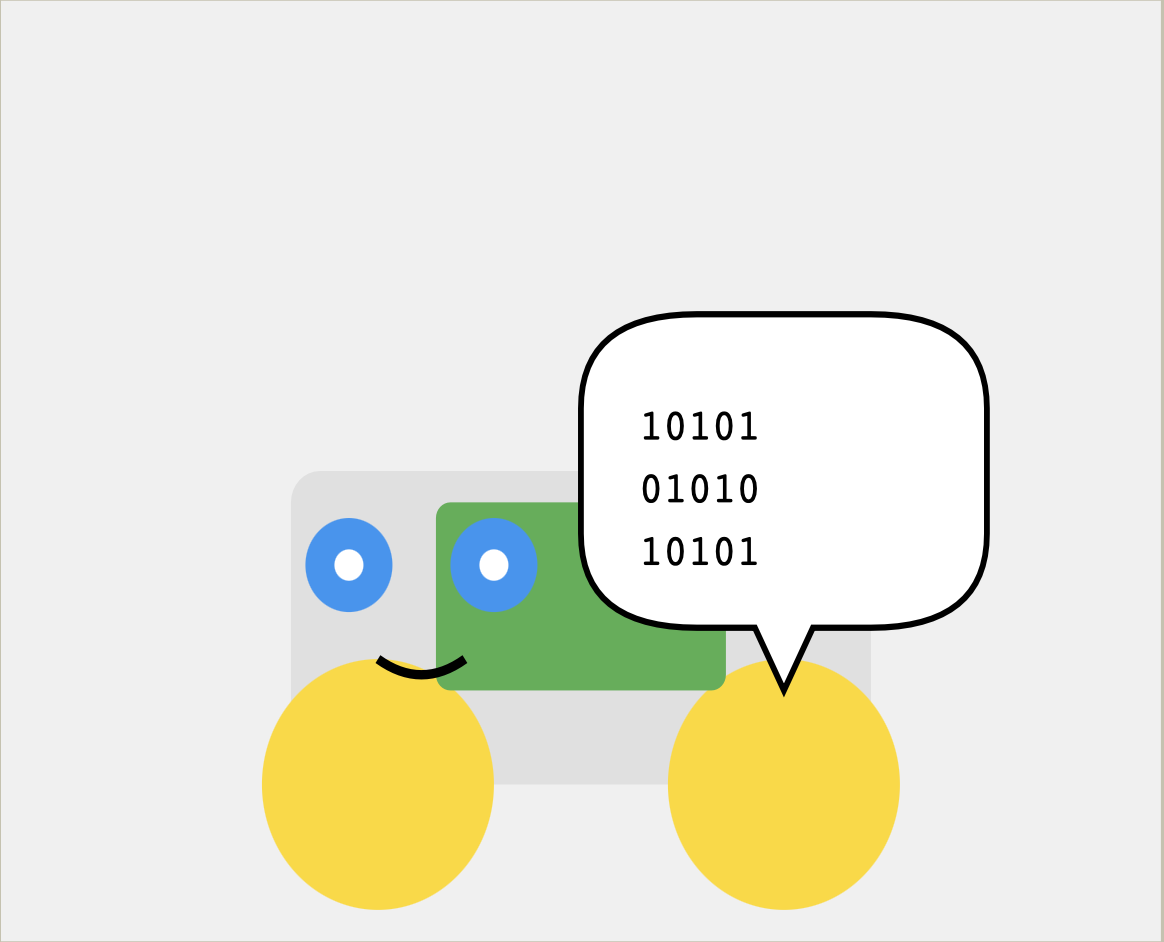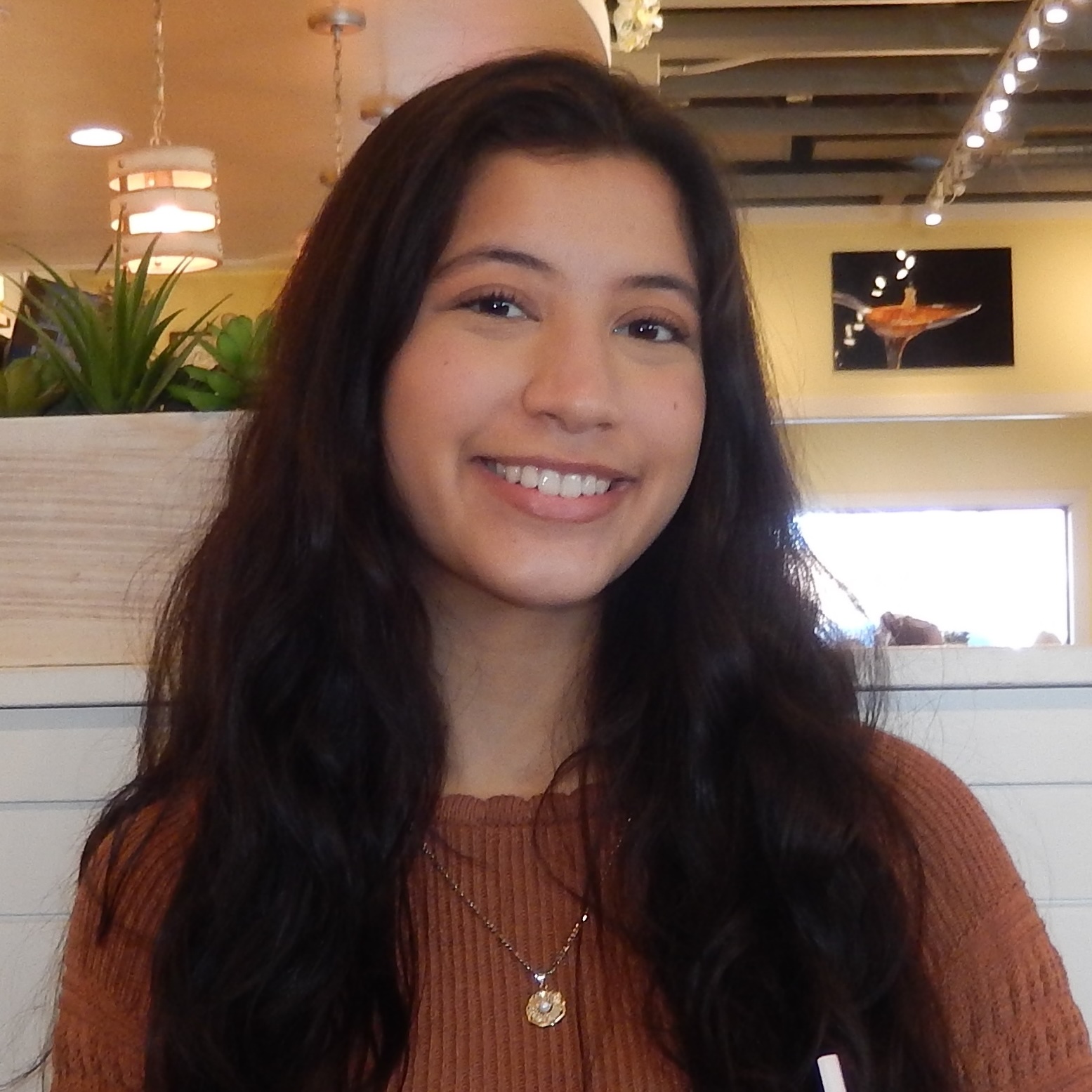About Me
I'm a sophomore studying Computer Science at the University of Illinois at Urbana-Champaign, with a minor in Business. As a James Scholar, I'm passionate about combining technology with practical business applications.
My journey in tech has been diverse and exciting:
- Currently working as a Software Engineering Intern at PwC in the Products & Technology Sector
- Also an Undergraduate Researcher in machine learning under Prof. Pablo D. Robles Granda
- Completed an internship at Brunswick Corporation, working on IoT solutions and Android development
- Participated in various hackathons and coding competitions, securing top positions
Outside of academics and tech, I enjoy:
- Playing pickleball
- Traveling and exploring new cultures
- Watching Netflix
- Hiking!
Skills
Experiences
Software Engineering Intern
PwC
May 2025 - Present CurrentBLP Extern
Synchrony Financial
May 2025Co-Founder
blynk AI
Feb 2025 - Present CurrentSpring 2025 Cohort Member
Illinois Consulting Academy
Jan 2025 - Present CurrentML Undergraduate Researcher
Illinois Computer Science
Jan 2024 - Present CurrentINSIGHT Fellow: Strategy & Product
Jane Street
Aug 2024CS 124 Honors Project Manager
Illinois Computer Science
Jan 2024 - May 2024Senior Consultant / Project Manager
Illinois Business Consulting
Jan 2024 - Dec 2024Product Management Fellow
Product Space, Inc.
Aug 2024 - Present CurrentSoftware Development Intern
Brunswick Corporation
May 2024 - Aug 2024Undergraduate Researcher
Teuscher Lab, Maseeh College of Engineering and Computer Science, Portland State University
May 2024 - Aug 2024Women in Engineering Ambassador
The Grainger College of Engineering
Dec 2023 - Aug 2024Code Sensei
Code Ninjas
May 2022 - Sep 2022Recent Projects

MatchIllinois
MatchIllinois is a website designed to revolutionize the group formation process for large classes. Initially developed for the CS124 Honors Class at UIUC, this project showcases the power of algorithmic solutions in education.
Impact: Successfully implemented for the FA24 cohort, reducing the grouping time from hours to mere minutes!
Technologies: Python, HTML, CSS, Streamlit, Google Colab
Key Features:
- Utilizes weighted preferences for optimal matching
- Incorporates advanced NLP techniques (LDA and BERTopic algorithms)
- User-friendly interface for easy adoption by course staff

HarvestHero Autonomous Bot
HarvestHero is an innovative solution to address the critical issue of over-fertilization in agriculture. This autonomous vehicle, powered by a Raspberry Pi, represents a step forward in precision agriculture and sustainable farming practices.
Achievement: First place winner at HackIllinois 2024 - Hardware Track
Technologies: Python, Raspberry Pi, OpenCV, Ultrasonic Sensors
Key Features:
- Computer vision for color detection to identify areas needing fertilization
- Ultrasonic sensors for obstacle detection and navigation
- Autonomous operation for efficient field coverage

ASL AI
ASL AI is a project aimed at creating an inclusive learning environment for individuals who are hard of hearing. This application bridges the communication gap and promotes understanding of American Sign Language (ASL).
Achievement: First place winner at CodeAda 2023 - AI Track
Technologies: Roboflow API, Python, Streamlit
Key Features:
- Real-time ASL gesture recognition
- Interactive learning modules for ASL beginners
- User-friendly interface for seamless experience
Research
Beyond Descriptive Statistics: Analysis of Time Series of Student Interactions in Engineering Courses Through the Lens of Modern Mathematical Methods
This paper demonstrates that time series analysis of student interactions with Universal Design for Learning tools can effectively predict engagement patterns and identify behavioral shifts, enabling data-driven improvements in course accessibility and instructional strategies.
Key Points:
- Student interactions with UDL tools like digital forms and ClassTranscribe can predict future engagement, with GRU models showing the highest accuracy for forecasting
- Change-point detection using the PELT method helps identify shifts in student behavior and improves model performance for engagement prediction
- Data from inside the classroom is more stable and reliable than outside-classroom data, which tends to be sparse and inconsistent
- GRU is the best model for minimizing absolute errors, while ARIMA is better suited for proportional error handling in medium-sized datasets
This work contributes to the growing conversation around inclusive education by showing how predictive modeling of student interactions with UDL tools can inform and enhance accessibility strategies in engineering courses.
Read PublicationCrime Prediction in Chicago Using Machine Learning
This research paper explores the application of machine learning models, specifically Random Forest (RF) and Long Short-Term Memory (LSTM) networks, in predicting crime patterns in Chicago. Using publicly available crime data, we assessed the accuracy of these models in forecasting crime based on geographic location.
Key Points:
- Evaluation of RF and LSTM models for crime prediction
- Analysis of potential biases in the data
- Discussion on ethical implications of deploying such technologies
- Insights into the role of machine learning in public safety
This work contributes to the ongoing dialogue about the intersection of technology and public safety, highlighting both the potential and limitations of predictive models in law enforcement contexts.
Read Publication